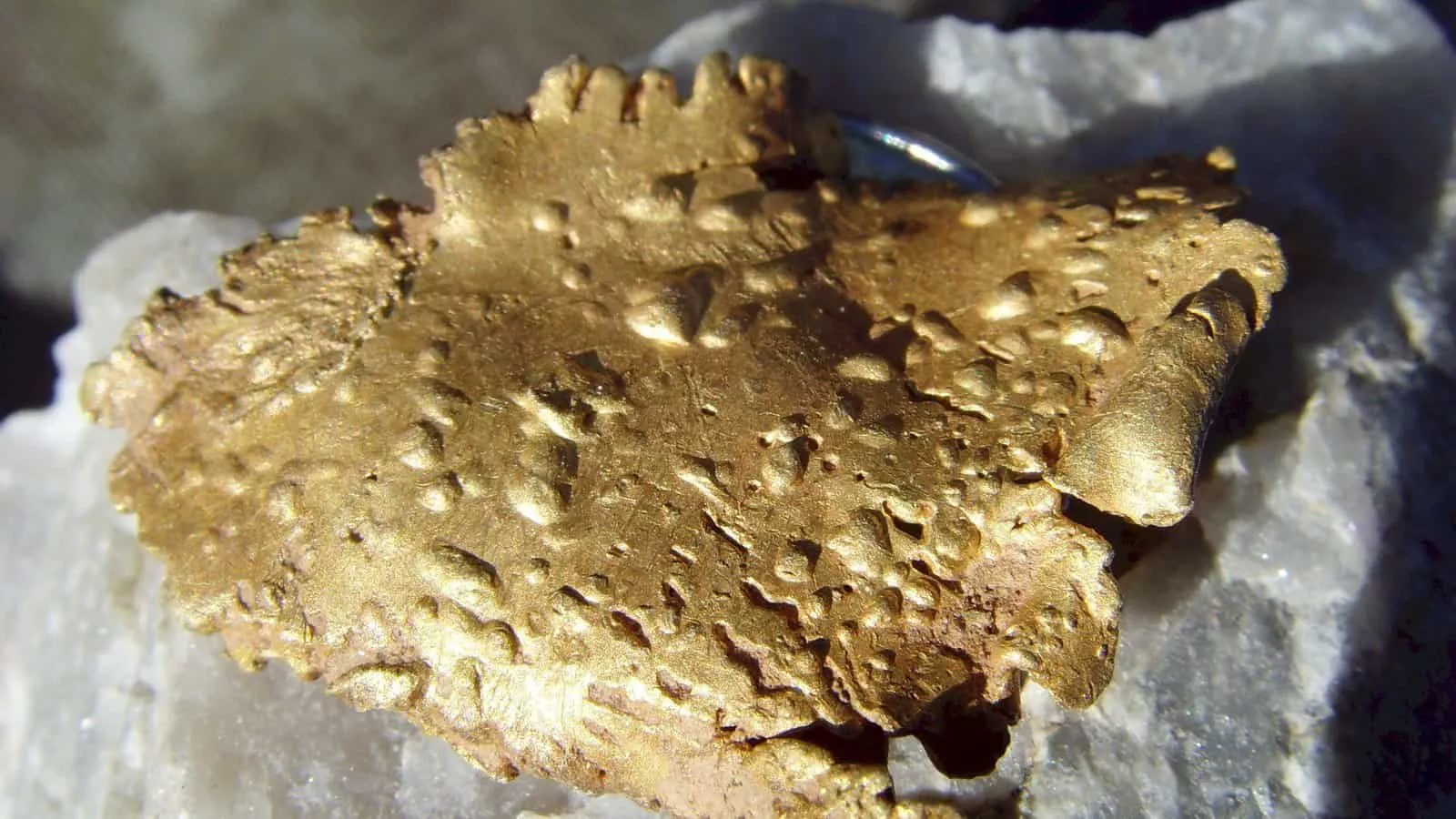The Federal Reserve recently announced the appointment of Michael Horowitz as the new Inspector General, succeeding Mark Bialek, who has held the position since 2011 and retired in April this year.
Horowitz previously served as the Inspector General of the Department of Justice. In his new role as the Inspector General of the Federal Reserve, he will also be responsible for independently supervising the Consumer Financial Protection Bureau (CFPB).
The position of Inspector General has come into the spotlight following the insider trading scandal at the Federal Reserve. The Inspector General is tasked with determining whether the trading activities of Fed officials meet ethical standards. Additionally, the Inspector General of the Federal Reserve is appointed by the chairperson of the Federal Reserve. Some senators argue that this arrangement compromises the Inspector General’s ability to provide truly independent oversight of the Federal Reserve and have proposed legislation requiring the president to select the Inspector General, with confirmation by the Senate.
Background on the Role of the Inspector General
The Inspector General is a critical position within the Federal Reserve, responsible for ensuring transparency, accountability, and ethical conduct within the institution. The role involves conducting audits, investigations, and reviews to prevent and detect fraud, waste, and abuse. The appointment of Horowitz is seen as a significant step in strengthening internal supervision and restoring public trust.
Key Responsibilities of the Inspector General
Independent Oversight: Horowitz will oversee the operations of the Federal Reserve and the CFPB, ensuring that they adhere to federal laws and regulations.
Ethical Compliance: He will investigate and report on any potential ethical violations, including insider trading and conflicts of interest.
Enhancing Accountability: The Inspector General will work to enhance accountability within the Federal Reserve by conducting regular audits and reviews.
Public Trust: By ensuring transparency and ethical conduct, Horowitz will play a crucial role in rebuilding public trust in the institution.
Legislative Proposals for Independence
The recent insider trading scandal has highlighted the need for greater independence in the role of the Inspector General. Some senators have proposed legislation that would require the president to appoint the Inspector General, with Senate confirmation, to ensure a more independent and robust oversight mechanism. This proposal aims to address concerns that the current appointment process may limit the Inspector General’s ability to provide unbiased oversight.
Conclusion
The appointment of Michael Horowitz as the new Inspector General of the Federal Reserve is a significant move aimed at strengthening internal supervision and restoring public trust. With his extensive experience as the Inspector General of the Department of Justice, Horowitz is well-positioned to provide robust oversight of the Federal Reserve and the CFPB. The ongoing debate over the independence of the Inspector General underscores the importance of ensuring that this critical role is free from undue influence and able to provide unbiased oversight of the Federal Reserve’s activities.
Related Topics:



































